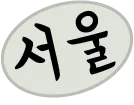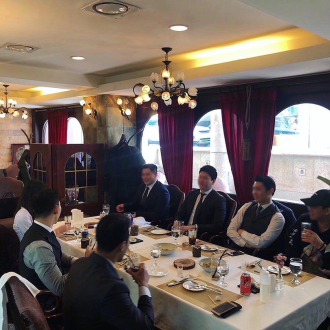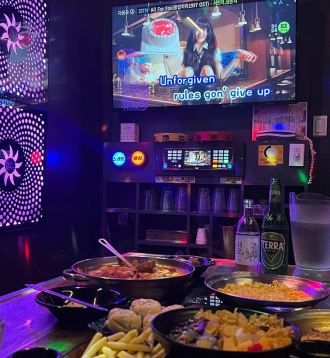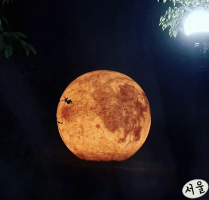Now Let the Fun Begin: Korean After-Work Gatherings
Most days in Korea, as office hours come to an end, a completely different part of work culture kicks into gear - the after-work gathering or 'Hoesik' (회식). These are not just about relaxing and bonding with colleagues; they're an integral part of Korean corporate culture.
Hoesik is not just about having food and drinks; it's a chance for employees to connect with their coworkers outside the office environment. It's a place where workers can talk about their lives, share their ideas, and even discuss issues they face at work, creating a strong sense of camaraderie and teamwork.
The Role of Alcohol in Hoesik
'One Shot!' - these words often echo in the air during Hoesik, as glasses clink and Soju flows. Drinking plays a significant role in Hoesik, seen as a way to relax and break down barriers. It's believed that as people let their guard down, they become more open and candid, fostering stronger bonds. However, nobody is forced to drink, and preferences for non-alcoholic beverages are respected.
Respect and Seniority at Hoesik
Hoesik was traditionally viewed as an essential, almost compulsory part of work life in Korea. Its roots are deeply tied to the culture of company loyalty and building a strong company community. Skipping a Hoesik event could have been seen as a refusal to engage in team bonding, which could potentially impact one's position in the office hierarchy.
Moreover, the presence of bosses and higher-ups at Hoesik often made it feel less like an optional social event and more like an extension of work hours. Employees would often use this time to show their dedication and hard work, trying to impress their seniors. In the past, Hoesik was not just a place to bond, but also a platform where decisions were made, promotions discussed, and office dynamics were established.
While Hoesik is generally an informal setting, respect and seniority still play a crucial role. When pouring a drink, a junior employee uses both hands to pour for a senior colleague as a show of respect. Similarly, when drinking, the junior turns their body slightly away from the senior. These small gestures, steeped in tradition, subtly reinforce the office hierarchy even outside the formal setting.
Karaoke – Norebang Time!
Hoesik doesn't end with just food and drinks. More often than not, it's followed by a trip to a 'Norebang' or karaoke room. This is another popular way to let off steam and bond with colleagues. You don't have to be a great singer to participate - it's the enthusiasm and willingness to participate that counts!
Hoesik in the Modern Workplace
There was an unspoken rule that one should not leave before their seniors. As such, these gatherings could go late into the night, making for long workdays. This pressure to attend and stay till the end was significant, as the culture of respect for seniors and the need to show commitment to the company often took precedence over personal comfort and work-life balance.
This idea of Hoesik as a mandatory extension of office hours has seen a shift in recent years, as younger employees and forward-thinking companies advocate for a healthier work-life balance. However, the shadow of the past still hangs over the Hoesik culture, and its significance in the work culture is hard to overstate. The mandatory attendance may be fading, but the influence of Hoesik in office dynamics and work relationships continues to be strong.
Some companies are becoming more conscious of work-life balance and are toning down the frequency and intensity of these gatherings. Nevertheless, Hoesik remains a fascinating part of Korean corporate culture, a blend of work and social life that reflects Korea's deep-rooted traditions.




